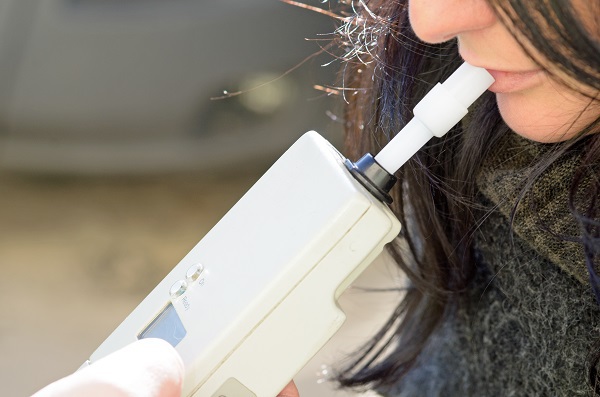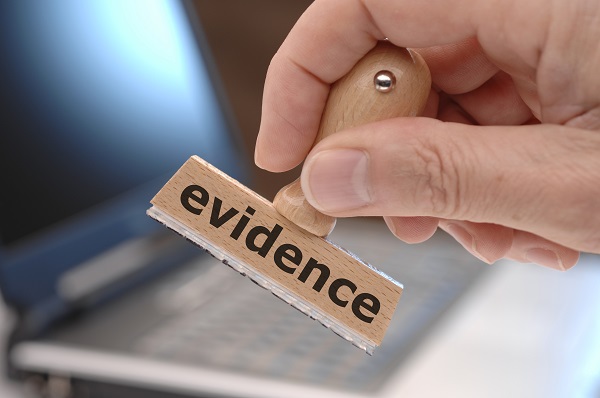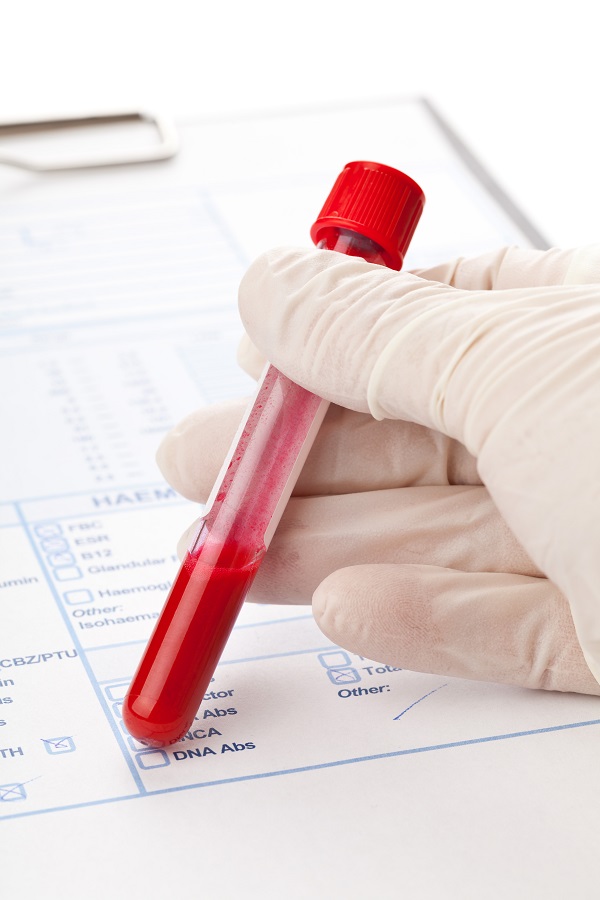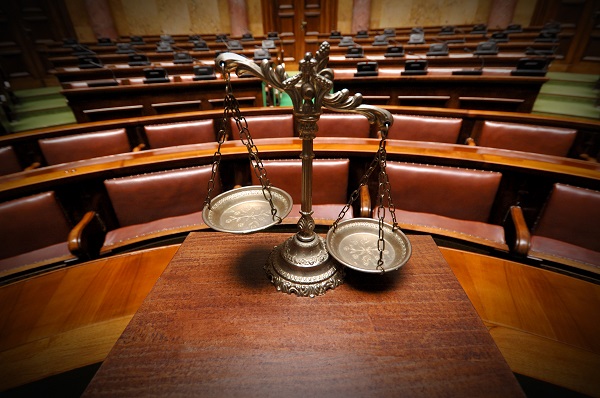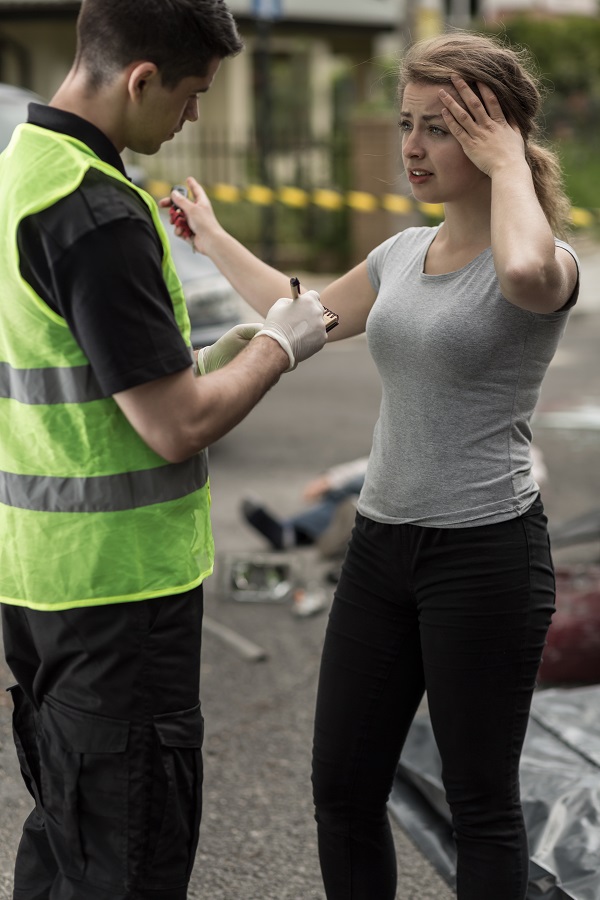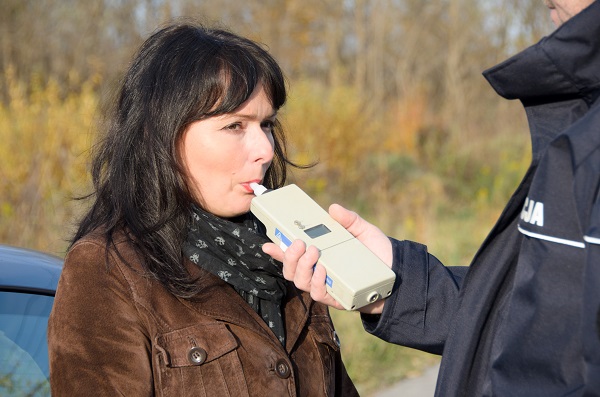Impaired Driving Elimination Act Violates Due Process, Court Says
The Oklahoma Supreme Court has declared that the newly enacted Impaired Driving Elimination Act is unconstitutional. Due to go into effect on November 1, 2017, the Act would have virtually eliminated the administrative hearing process for revocation of driver’s licenses, would have made refusal of a breath test illegal, and would have expanded use of ignition interlock devices. A group of Oklahoma attorneys challenged the Act in court last summer, and the court halted implementation of the Act while the legal challenge was pending. Just recently, the Oklahoma Supreme Court issued its ruling declaring that the Act violates due process and...
Continue reading

